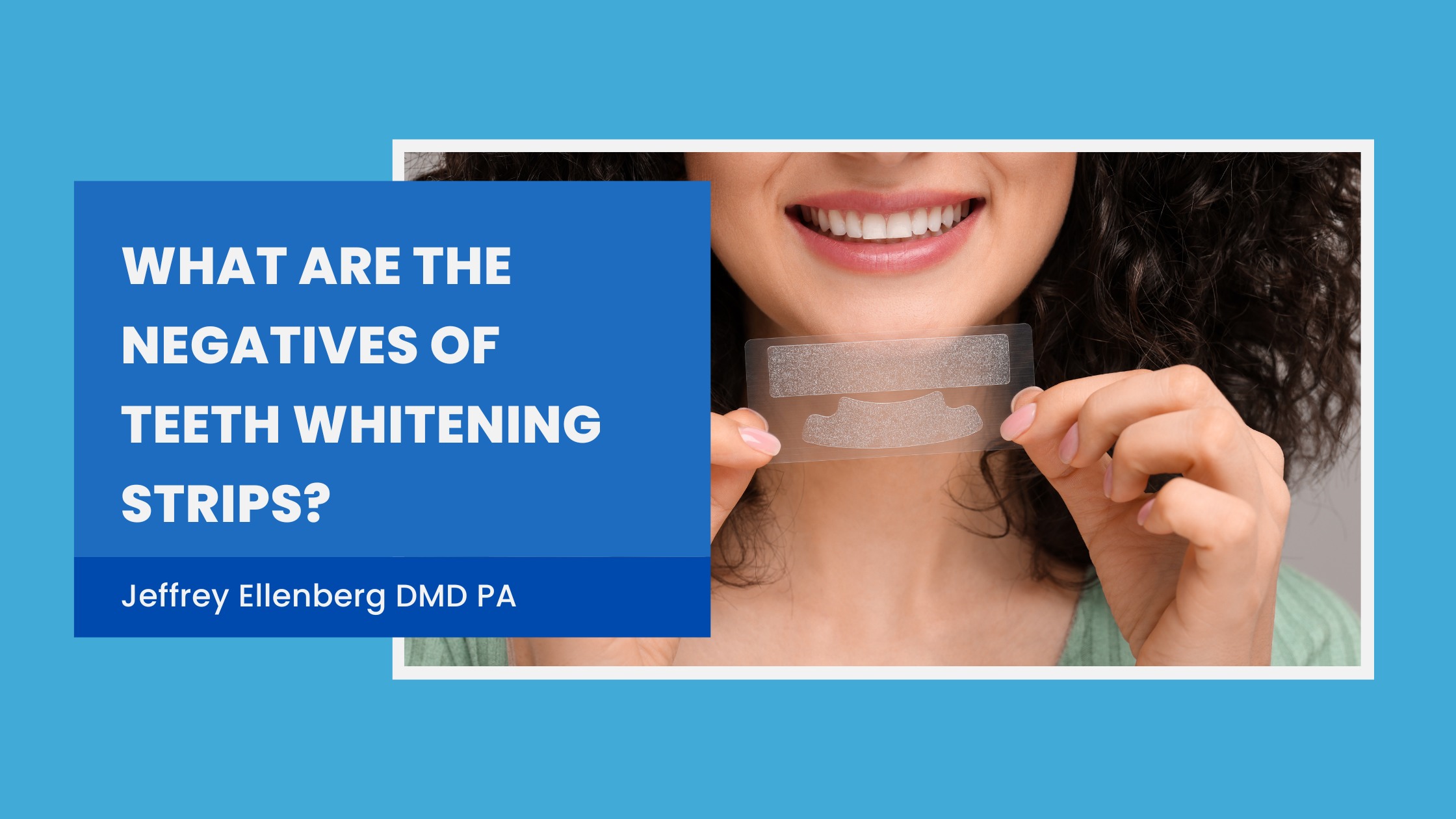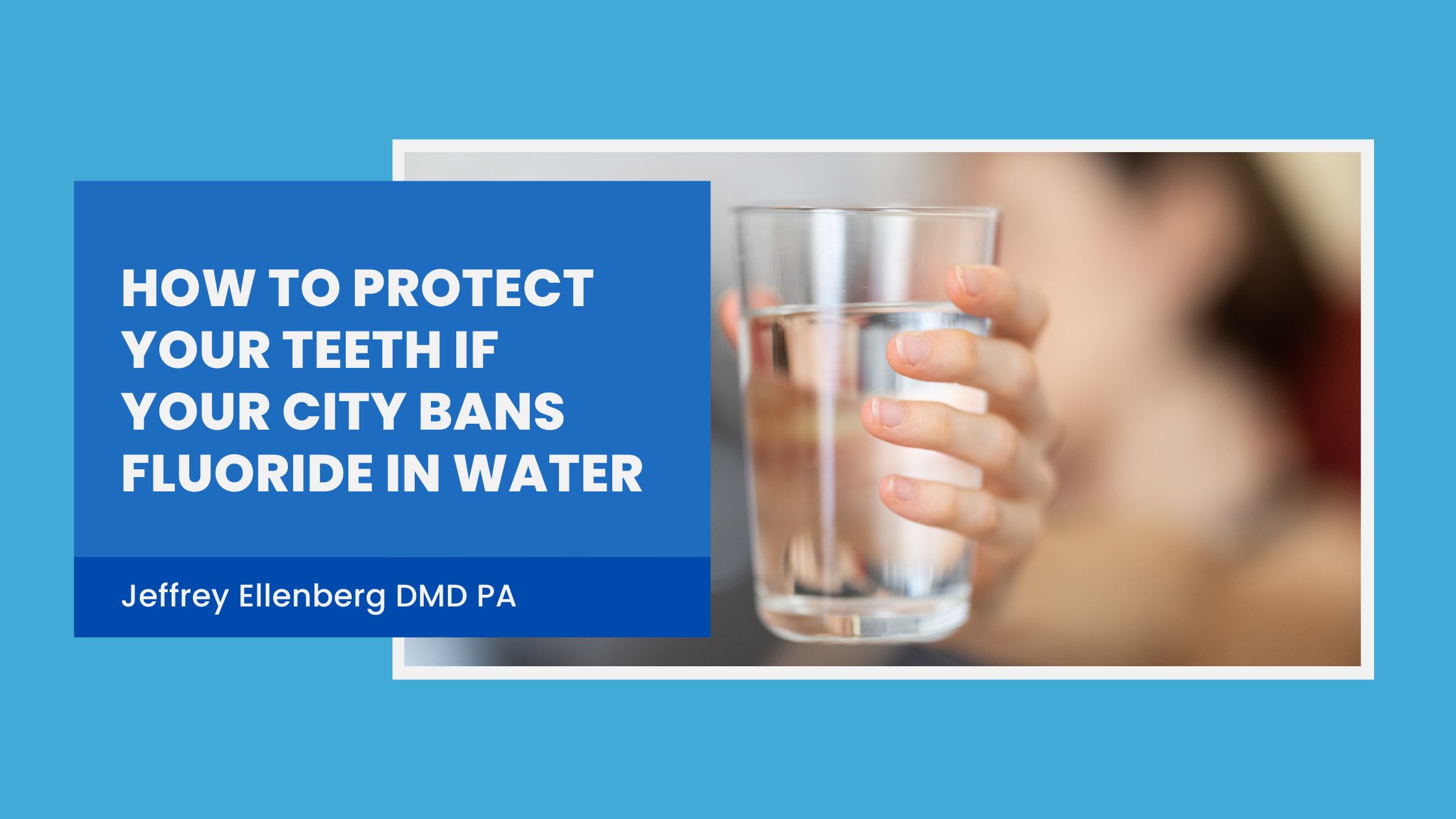
What is the Best Treatment For Snoring?
Snoring can negatively impact your sleep and overall health. If you are looking for Snoring treatment in Clearwater, others likely have the same needs. Most

Snoring can negatively impact your sleep and overall health. If you are looking for Snoring treatment in Clearwater, others likely have the same needs. Most

Whitening strips are a popular way to get a brighter smile at home. They are convenient and easy to locate and use. Before you reach

If fluoride is removed from your tap water, you can still protect your teeth with fluoride alternatives, approved products from your dentist, and regular checkups.

🧭 Table of Contents 😴 What Is Sleep Apnea and How Does It Affect the Brain? 🧠 What Are the Sleep Apnea Effects on Body

📚 Table of Contents 🔹 What is Fluoride, and Why Is It Important? 🔹 How Does Fluoride Prevent Tooth Decay? 🔹 Are There Any Fluoride

IT MAY SEEM HARMLESS, crunching on the leftover ice cubes at the bottom of your drink, but chewing ice is one of the most damaging habits

WHEN IT COMES TO building strong, healthy smiles, what your family eats is just as important as daily brushing and flossing. Good nutrition is the foundation

THE DENTAL FIELD offers a variety of rewarding career paths beyond the familiar role of the dentist. From clinical roles that require direct patient care to

THE MOMENT A child discovers their first loose tooth is a significant milestone in their development, often accompanied by excitement and a little bit of

CANKER SORES, ALSO known as aphthous ulcers, are small, shallow lesions that develop on the soft tissues in your mouth or at the base of your
Google Reviews
252 reviews
